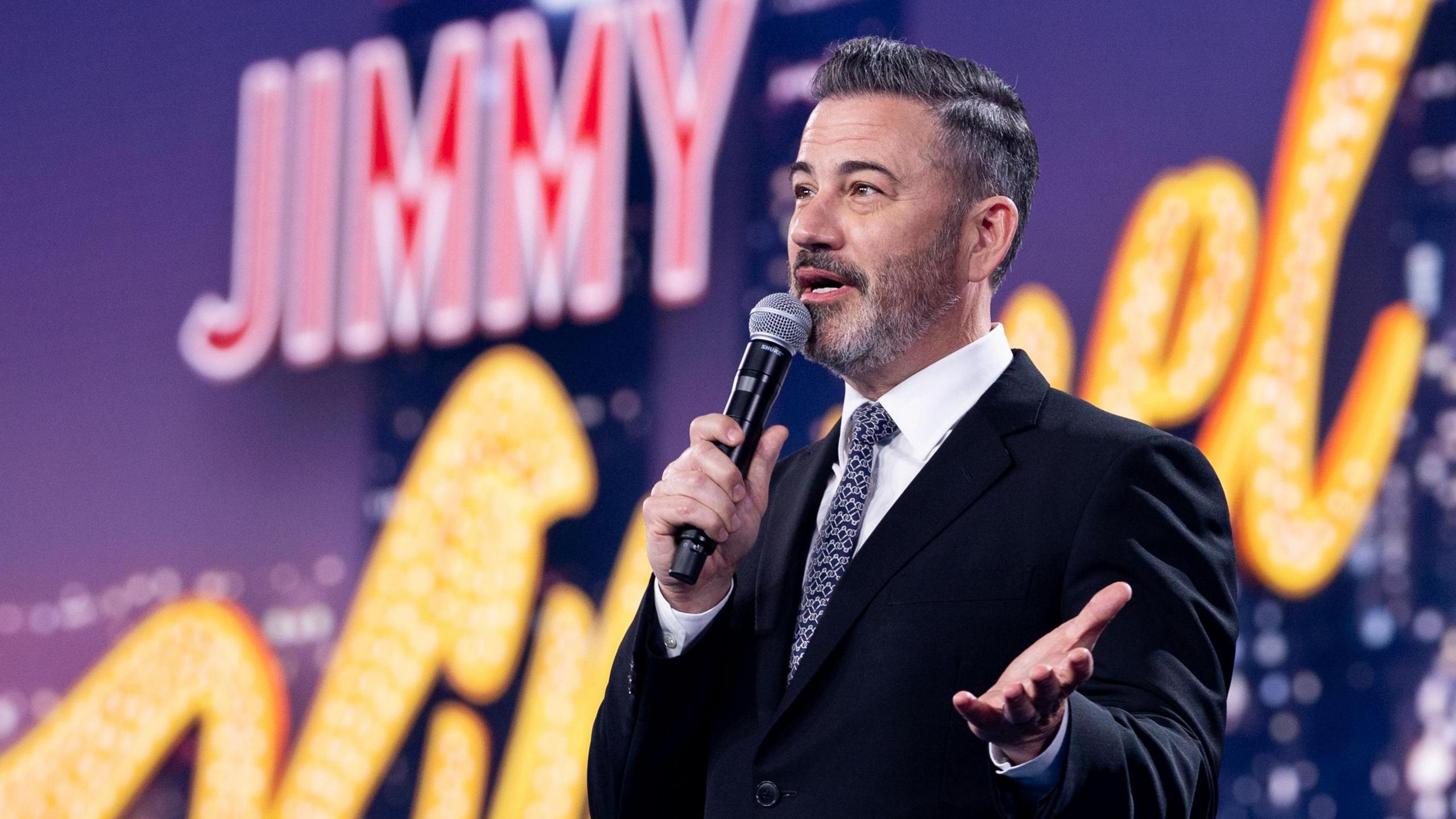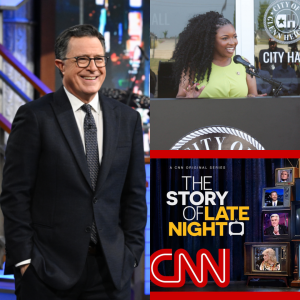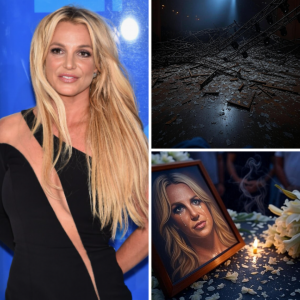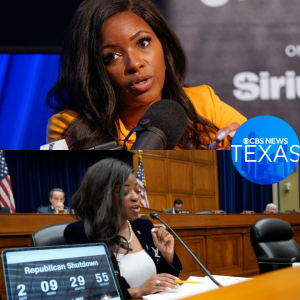Jimmy Kimmel’s late-night program is returning to the airwaves after an “indefinite” suspension that left fans and industry insiders stunned. On Tuesday, September 23, Jimmy Kimmel Live! will resume on ABC, just six days after it was abruptly pulled. The move followed backlash over Kimmel’s comments about the killing of conservative activist Charlie Kirk—remarks that critics labeled poorly timed and insensitive. Disney, ABC’s parent company, initially framed the suspension as an effort to prevent further tension during an emotional moment, but the rapid turnaround suggests the network weighed the costs of keeping the show sidelined.
The controversy began on September 15, when Kimmel delivered a monologue pointing out how some conservative groups were politicizing Kirk’s death. He argued that certain figures were more concerned with the identity of the shooter than with the tragedy itself, and he criticized what he described as attempts to deflect accountability. The segment ignited swift outrage, particularly among right-wing commentators and political allies of Kirk. The reaction was so strong that several major affiliate groups, including Nexstar Media and Sinclair Broadcast Group, announced they would not air the episode. Both organizations accused Kimmel of making inflammatory remarks at a time of heightened emotions.
The backlash didn’t end with affiliates. FCC Commissioner Brendan Carr publicly condemned Kimmel’s comments, hinting that regulatory scrutiny might follow if the program crossed certain lines. His statement added to the sense of pressure, leaving ABC in a difficult position. On September 17, Disney announced the suspension of Jimmy Kimmel Live! “indefinitely.” While the word suggested a long-term absence, the reality was that the show was pulled immediately from lineups, with reruns and substitute content taking its place in several markets. The sudden announcement caught the production team off guard, throwing staff into uncertainty about their future.
In the days that followed, ABC and Disney said they entered into “thoughtful conversations” with Kimmel. The result was a reversal: the show would return the following Tuesday. In its new statement, the company admitted that Kimmel’s remarks had been “ill-timed and thus insensitive,” but clarified that the intent behind the suspension was to avoid escalating tensions. Production staff were informed by internal email that the show was resuming, and while many expressed relief, there was also anxiety about what the return would entail—particularly how Kimmel himself would address the controversy.

The reinstatement, however, is far from universal. Sinclair Broadcast Group, which owns a large number of ABC affiliates, announced it will not air Kimmel’s return episode. Instead, Sinclair plans to run news coverage in its markets, explaining that it remains concerned about Kimmel’s earlier remarks. Nexstar has also opted to air alternative programming. This means millions of viewers across roughly 23 percent of American households may not see the show, even though ABC has officially reinstated it. The fragmented rollout underscores the complicated power dynamic between national networks and their local affiliate partners.
The stakes go well beyond a single late-night program. The episode highlights ongoing tensions between free expression, corporate caution, and political influence. When the head of the FCC openly criticizes a comedian and affiliates pull programming despite the network’s backing, questions arise about whether regulatory power is being used as leverage to enforce self-censorship. For the production team, the uncertainty of the past week has revealed how vulnerable even a long-running, successful show can be when controversy collides with politics. For viewers, the suspension and rapid reinstatement highlight deepening divisions: some argue Kimmel’s joke warranted consequences, while others see the suspension as an alarming overreach that threatens artistic freedom.
As the show prepares to return, industry observers are closely watching what comes next. Kimmel is expected to address the controversy during his opening monologue, though whether he takes a conciliatory or defiant tone remains to be seen. Audiences in markets where affiliates continue to block the show will likely hear about his remarks secondhand through clips and online coverage. Meanwhile, media analysts warn that this case may set a precedent for how broadcasters respond to political backlash, particularly in an era when comedians and talk show hosts are frequent targets of partisan outrage.

The saga of Jimmy Kimmel Live!—pulled off the air, reinstated within a week, and still partially blacked out across the country—has quickly become a test case for how American media navigates controversy under political pressure. Disney’s quick reversal shows the power of corporate damage control but also leaves open questions about whether free expression or appeasement ultimately won the day. As Kimmel steps back on stage, the controversy still lingers in the background, and the way he handles it could determine whether his return is seen as a triumph, a compromise, or the beginning of a new and even more contentious chapter in late-night television.






